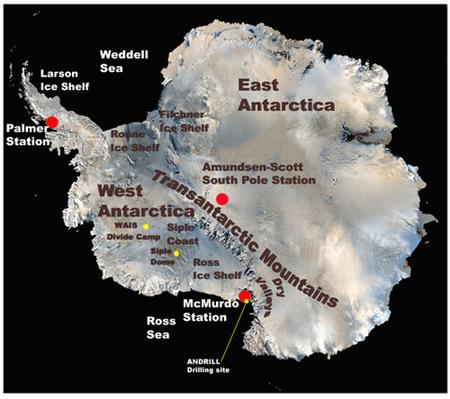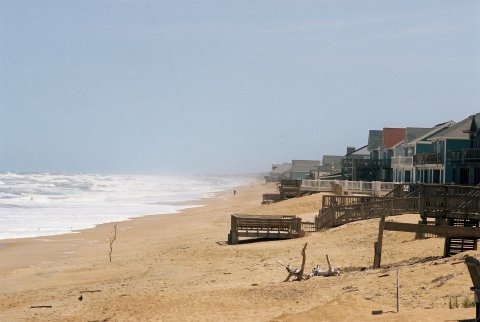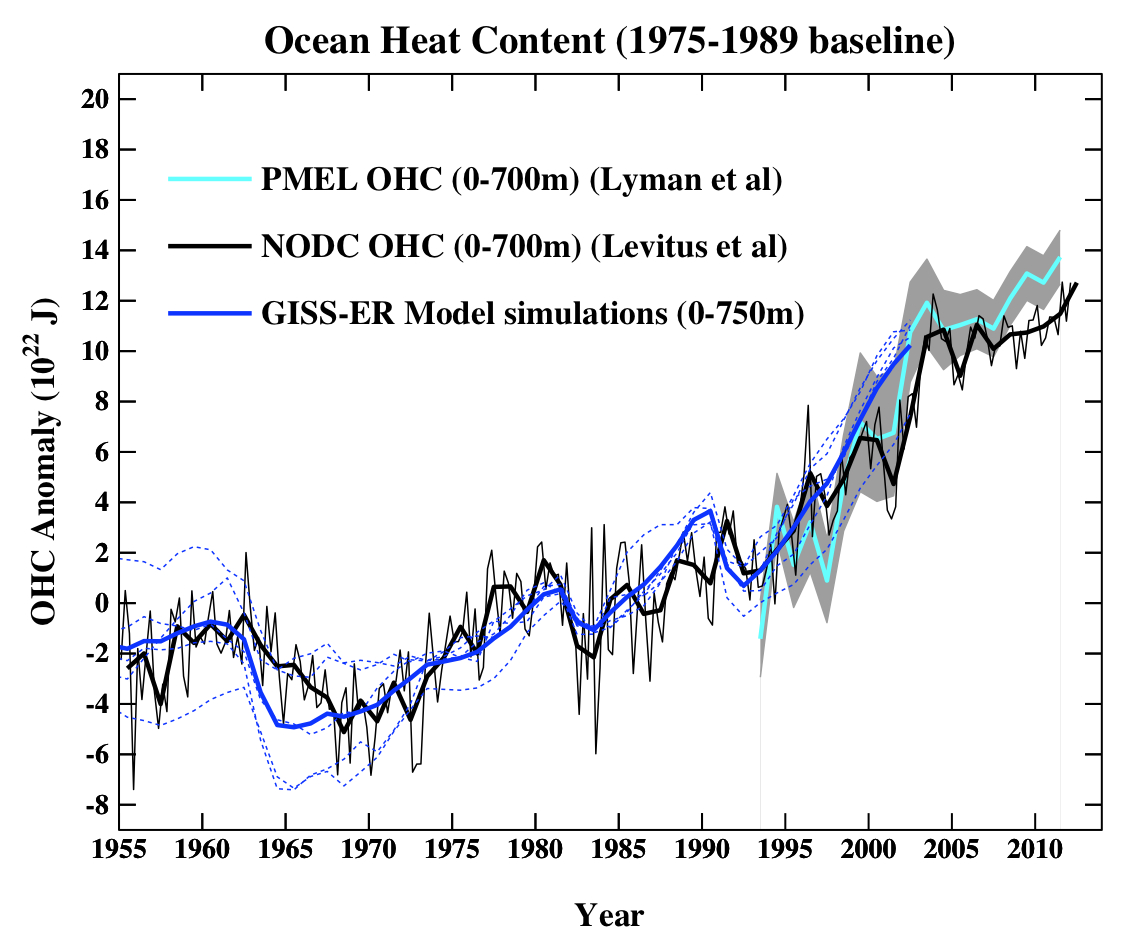Guest commentary by Sarah Feakins
 Our recent study in Nature Geoscience reconstructed conditions at the Antarctic coast during a warm period of Earth’s history. Today the Ross Sea has an ice shelf and the continent is ice covered; but we found the Antarctic coast was covered with tundra vegetation for some periods between 20 million and 15.5 million years ago. These findings are based on the isotopic composition of plant leaf waxes in marine sediments.
Our recent study in Nature Geoscience reconstructed conditions at the Antarctic coast during a warm period of Earth’s history. Today the Ross Sea has an ice shelf and the continent is ice covered; but we found the Antarctic coast was covered with tundra vegetation for some periods between 20 million and 15.5 million years ago. These findings are based on the isotopic composition of plant leaf waxes in marine sediments.
That temperatures were warm at that time was not a huge surprise; surprising, was how much warmer things were – up to 11ºC (20ºF) warmer at the Antarctic coast! We expected to see polar amplification, i.e. greater changes towards the poles as the planet warms. This study found those coastal temperatures to be as warm as 7ºC or 45ºF during the summer months. This is a surprise because conventional wisdom has tended to think of Antarctica being getting progressively colder since ice sheets first appeared on Antarctica 34 million years ago (but see Ruddiman (2010) for a good discussion of some of the puzzles).
[Read more…] about My oh Miocene!
References
- S.J. Feakins, S. Warny, and J. Lee, "Hydrologic cycling over Antarctica during the middle Miocene warming", Nature Geoscience, vol. 5, pp. 557-560, 2012. http://dx.doi.org/10.1038/NGEO1498
- W.F. Ruddiman, "A Paleoclimatic Enigma?", Science, vol. 328, pp. 838-839, 2010. http://dx.doi.org/10.1126/science.1188292

